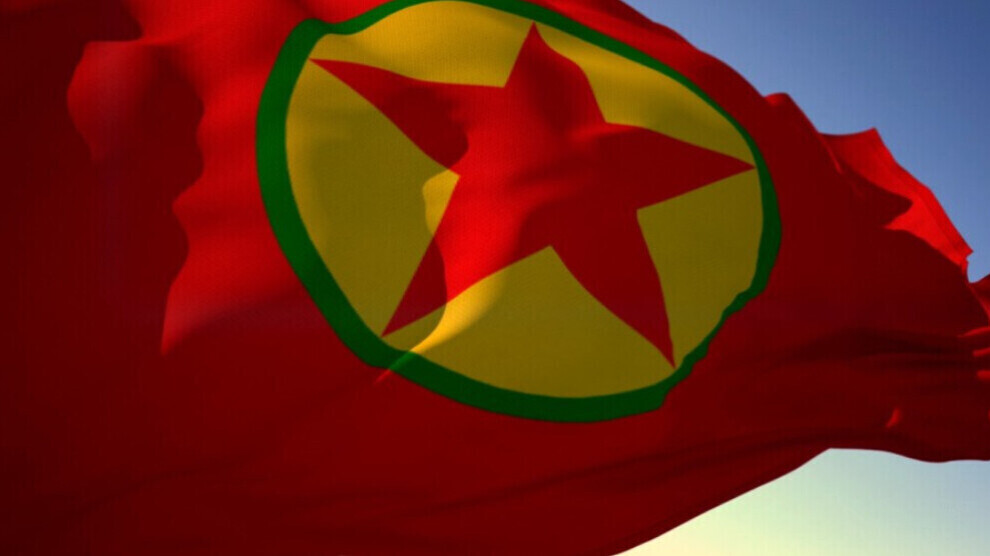Formally founded on 27 and 28 November 1978, the PKK (Kurdistan Workers' Party, Partiya Karkerên Kurdistan) core group was made up largely of political science students led by Abdullah Öcalan in Ankara. The group soon moved its focus to the large Kurdish population in south-east Turkey. On 27 November 1978, the group adopted the name "Kurdistan Workers' Party".
The 1980 Turkish coup d'état pushed the organization to another stage with the members doing jail time, being subject to capital punishment, or fleeing to Syria.
The first congress of the organization was held in 1982 and outlined the various phases necessary for the liberation of Kurdistan.
In 1984, on 15 August, the PKK carried out its first armed action.
The founding of the PKK was initially the answer to the bitter alternative of “assimilation or extinction” in a state that was committed to the ideology of ethnic homogeneity. Abdullah Öcalan, Haki Karer, Kemal Pir, Sakine Cansız and a handful of comrades-in-arms decided on the path of resistance against the feudalism of the time and a colonialism aimed at exploitation and ultimately extermination.
These first militants refrained from writing pages of declarations of intent and theoretical treatises on independence and self-determination. They preferred practice. "We have to live the alternative that we always talk about," said Öcalan. So they looked for a way into society, talked to people everywhere about their everyday problems, founded small circles of "help for self-help" and showed how social resistance can develop - even on a small scale. With empathy, seriousness and determination, the still young PKK lit the fire of self-empowerment.
One of the greatest achievements is the break with the concept of nation states. Wherever the PKK movement is active, attempts are being made to push back the state and rely on social self-organization. A growing "grassroots revolution". The "Declaration of Democratic Confederalism" proclaimed in 2005 as a strategic realignment of the party is evidence of the PKK's ability to learn from mistakes and respond to social changes with new answers.
The PKK in its own words
"Our party, since its inception, has been struggling for the existence, freedom and honour of the Kurdish people against the genocide begun by the racist-chauvinist Unionists at the beginning of the 20th century, which aimed to end the freedom of the Kurdish people and wipe them out from history. In this sense, the decision taken on 27th November 1978 to become a party was also a decision for national existence and resistance. This is why this day is being celebrated as national resistance by our people.
Over the years, the PKK has fought to safeguard and realize the freedom of the Kurdish people against the physical and cultural genocide and assimilation policies of the Turkish nation-state. Our party has staged a great resistance against one of the biggest army’s in the world, supported by NATO, and also Gladio (deep state) organization to bring the Kurdish people to the point of declaring democratic autonomy."














